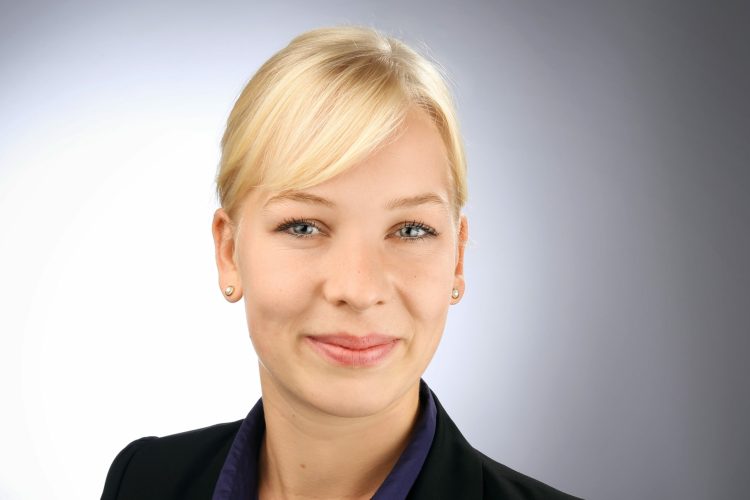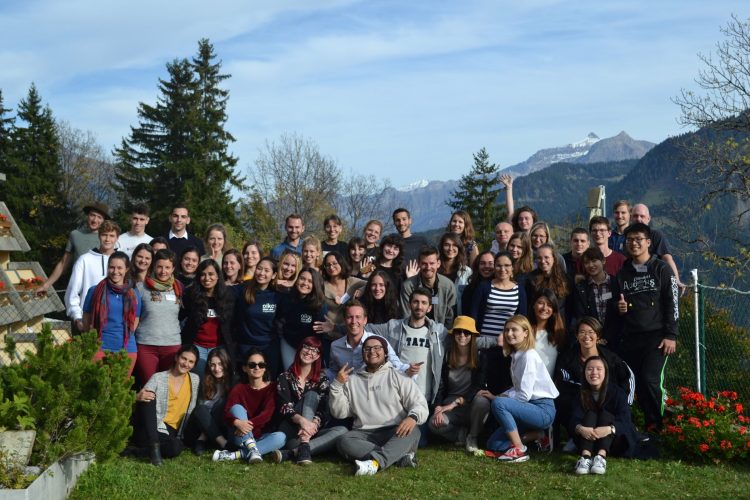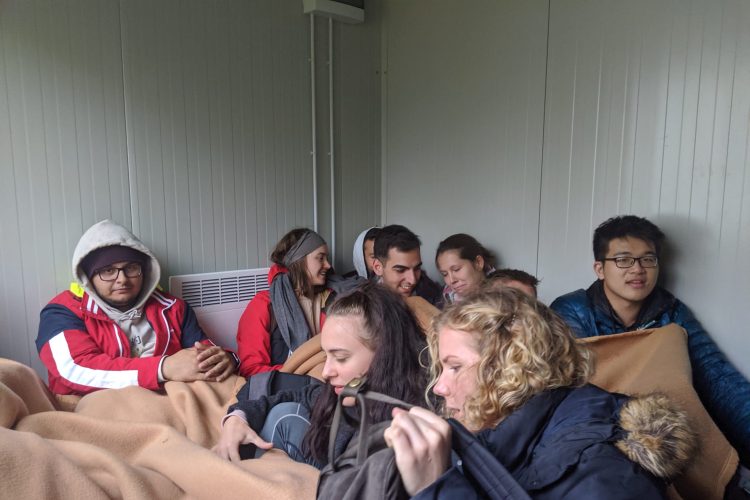Curious about alternative economic models and sustainable finance? Join Circle Centre and oikos Lund for a screening of Autogestio, a documentary about local currencies and cooperatives in Catalonia, Spain....
Music4sustainability: About the Interplay of Music and Sustainable Development Goals How are music and sustainability related? Join oikos Graz and their local partners to learn about it on 27th...
oikos Graz and their local partners are inviting students to discuss the role of universities in mitigating the climate crisis. Learn more here
What is the matter of changing structures one might ask when hearing about the changes within oikos. To share her perspective on it Hannah, former oikos chapter president, active...
Crisis in economics, ecology, and society has become a defining feature of our times. These never-ending stream of emerging disasters captures our attention day in and day out. It...
Fear, rush, bewilderment, stillness, despair, and relief – they felt it all. Our participants at the LEAP Meeting 2019 took part in the Refugee Awareness Game – “Passages” to...
We are proud to announce the winners of the oikos Case Writing Competition. We would like to thank all the participants for their outstanding case submissions and congratulate the winners. The...
As the population of cities in the western United States continues to boom, the demand for retail and wholesale food has followed suit. To deal with the accompanying increase...
The case focuses on Authenticitys, an online platform that curates and co-designs social impact experiences for people to travel, share, and learn together in unforgettable settings in the world’s...
The case chronicles the innovation in Bio-digester technology in Mexico led by Alex Eaton and Camilo Pages through a social enterprise ‘Sistema Biobolsa’. It describes how the two social...





